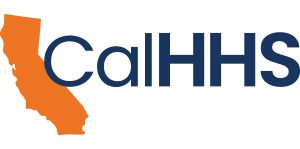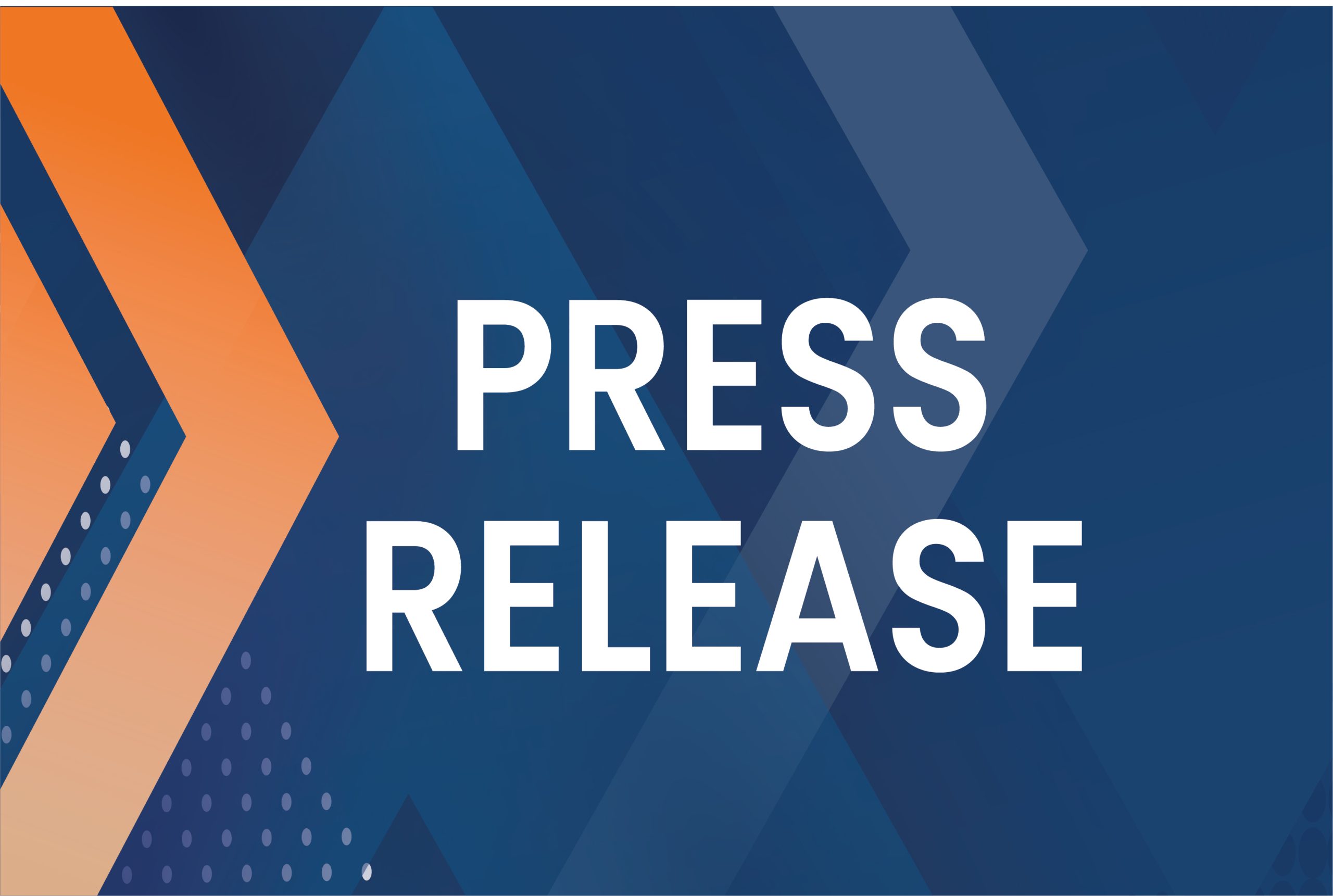What You Need to Know: Today’s appointment of a Stakeholder Committee underscores that California is doubling down on the promise of the Lanterman Developmental Disabilities Services Act by modernizing the developmental services system to better serve the needs of Californians with intellectual and developmental disabilities—moving forward the goal of a person-centered, equity-focused, and data-driven system.
SACRAMENTO – California Health and Human Services Agency (CalHHS) Secretary Dr. Mark Ghaly today announced the establishment of a Master Plan for Developmental Services Stakeholder Committee. The Committee will be tasked with working with CalHHS and its departments to develop a Master Plan for Developmental Services to be released by March 2025. The Master Plan is designed to serve as California’s collective roadmap to marshal the public and private resources of the entire developmental services system, as well as other systems and sectors, to deliver meaningful and concrete results.
“The reality is that the developmental services system cannot, nor should it, operate in isolation given the changing needs of the consumers and families we serve today.” said CalHHS Secretary Dr. Mark Ghaly. “This means we must proactively think about how we connect the dots between systems and sectors, while more intentionally integrating developmental services to our work to serve the whole needs of the individual and their families.
WHY CREATE A MASTER PLAN: Over the last few years, in partnership with the Legislature, the Newsom Administrations has made historic investments to increase rates within the developmental services system. The Master Plan will leverage these investments to strengthen accessibility, quality, and equity for all consumers. In recognition that California’s developmental disabilities system is deeply connected to other health and social systems, the Master Plan will seek to create and strengthen bridges that connect the developmental services system to other critical systems across CalHHS, and other systems and services including education, housing, employment, transportation, and safety.
WHY THIS MATTERS TO CALIFORNIANS: Since 2019, the number of Californians served by the developmental services system has grown by 31%, with significant growth among children under the age of 22 who have an Autism diagnosis. Today, over 400,000 Californians receive services and supports through California’s 21 Regional Centers. Individuals who receive services today are more diverse and live longer. They face affordable housing shortages, lower rates of employment, and the challenges of accessing services from other systems and sectors to address their physical, social, and behavioral health needs. A 21st century developmental services system must increase its ability to provide culturally responsive services and to strengthen the accountability and standardization of the system so that it is easier for individuals and their families to navigate no matter where they live in California.
“Our work together will build on the promise of the Lanterman Act, our current efforts and investments and new thinking from the diverse communities served by our Regional Centers,” said California Department of Developmental Services (DDS) Director Nancy Bargmann. “Our goal is to realize a 21st century developmental services system which is more person-centered, and based on quality, outcomes, and cultural competence.”
ABOUT THE COMMITTEE: The Stakeholder Committee consists of a diverse group of individuals who bring varying backgrounds and experiences to help build the Master Plan. The members of the Committee have been appointed by the CalHHS Secretary for a one-year term with the intent that they collectively deliver a Master Plan by March of 2025. In addition to the Stakeholder Committee, there will be topical subcommittees formed to bring together additional subject matter experts, community partners, individuals with intellectual and developmental disabilities, and family members. These subcommittees will help shape the components of the Master Plan and provide opportunities for deeper and wider engagement.
WHAT COMES NEXT: In the weeks to come, CalHHS along with the DDS, will launch a public engagement campaign to engage individuals with intellectual and developmental disabilities, families, and system partners in the communities and neighborhoods across the state to better understand their hopes and dreams for a 21st century developmental services system. This Master Plan will not be developed in a vacuum in Sacramento, instead, it will look to meet people where they are to collectively learn about their lived experiences and use that to help shape the future of this system—a system that looks to provide culturally responsive services which meet the diverse needs of individuals with intellectual and developmental disabilities and their families. Most importantly, this process will be public and open to all Californians to engage in and participate in, our collective voices will only make this stronger.
BIGGER PICTURE: Over the last decade, California has closed all the Developmental Centers with the goal of integrating individuals with intellectual and developmental disabilities in communities and outside of institutional settings. Moreover, California is the only state in the nation that provides developmental services and supports as an entitlement with an intentional focus on home and community-based services. This contrasts with other states where individuals with intellectual and developmental disabilities are on a wait list for services and are capped on what types of services they may receive.
###


